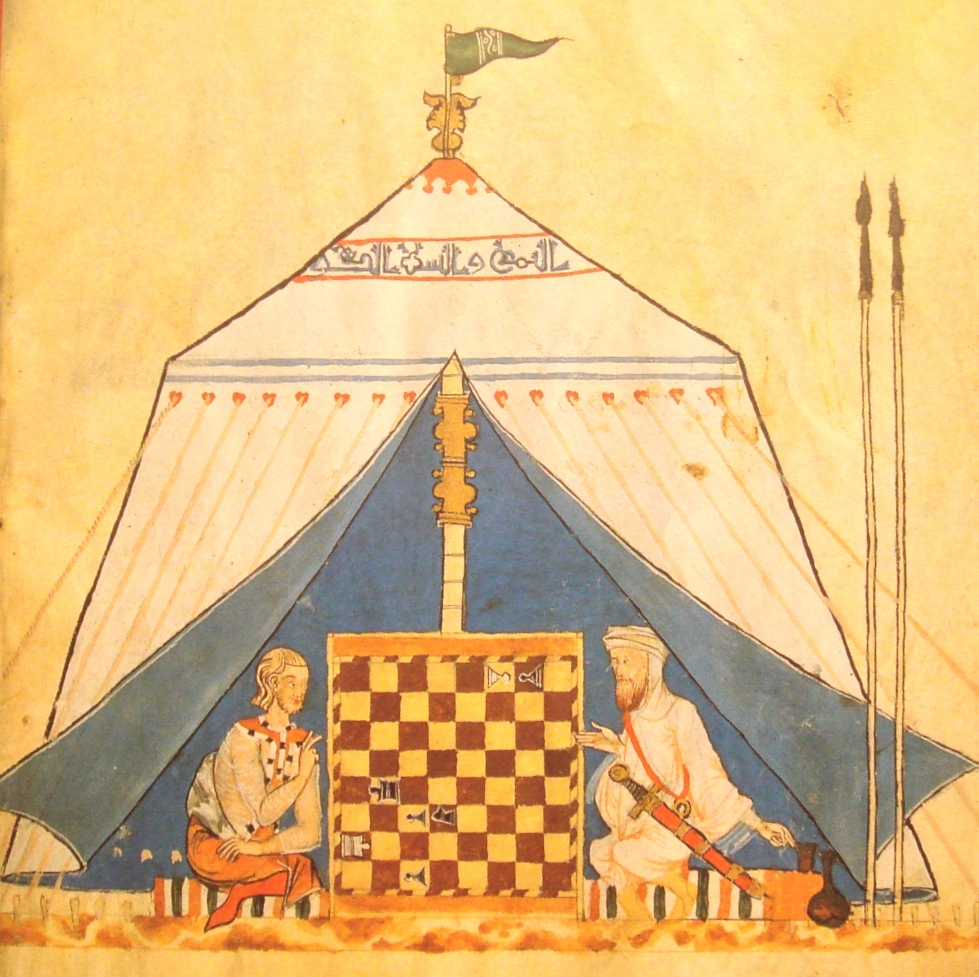The Qurʾān in History: Muhammad’s Message in Late Antiquity
DOI:
https://doi.org/10.54103/2035-7362/17820Keywords:
Qur’ān, Muhammad, Late Antiquity, MonotheismAbstract
Late Antiquity describes a period of profound transformations that involved Europe, the Mediterranean world and the so-called Near East, from IV-V to VII-VIII centuries. This paradigm has now become widely used in Islamic studies, from Qurʾānic studies, where Angelika Neuwirth has extensively published in the past on the subject of the biblical underpinnings of the Qurʾānic revelation as a manifestation of late antique scripturalism, to historical studies related to the Qurʾān and pre-Islamic Arabia, as in Aziz al-Azmeh’s book The Emergence of Islam in Late Antiquity, which takes up the trend of scholarship established by Julius Wellhausen and Toufic Fahd. I completely agree with the need to put Islam and its historical, religious, philosophical birth and development in the context of the Late Antiquity, but what is at stake is to emphasize which themes made Islam a new religion with respect to Judaism and Christianity. This is the focus of the present paper which deals with: 1) a brief critical survey of the literature on Late Antiquity; 2) the relationship between the empires – Roman, Byzantine and Sasanid – of Late Antiquity and the triumph of monotheism; 3) the concept of hanifiyya. The conclusion is that the Qurʾānic message conveyed by Muhammad broke the history into two parts: before and after the coming of truth.
Downloads
Downloads
Published
How to Cite
Issue
Section
License
Copyright (c) 2022 Doctor Virtualis

This work is licensed under a Creative Commons Attribution 4.0 International License.
Authors who publish in this journal accept the following conditions:
a. Authors retain the rights to their work and assign to the journal the right of first publication of the work, simultaneously licensed under a Creative Commons - Attribution License that allows others to share the work indicating intellectual authorship and first publication in this journal.
b. Authors may enter into other non-exclusive licensing agreements for distribution of the published version of the work (e.g., deposit it in an institutional repository or publish it in a monograph), provided they indicate that the first publication was in this journal.
c. Authors can disseminate their work online (e.g., in institutional repositories or on their own website) before and during the submission process, as it can lead to productive exchanges and increase citations of the published work (See The Effect of Open Access).





